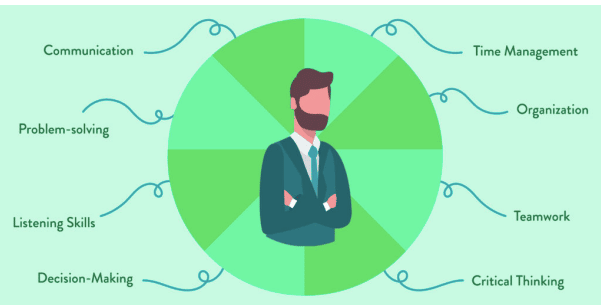Pablo is also a guest contributor to MasterWP and also the recipient of one of our WordCamp US sponsorships so that he may volunteer at the event without worrying about travel finances.
I started programming when I was 15 years old, that was in 1995, and I loved it, but in 2010 I decided that I couldn’t get higher as a programmer (I was so wrong) and decided to move to the new shiny stuff “Social Media”.
During the next few years, I learned a lot about Social Media, Internet Marketing, and Ads Agencies, and I was damn good!
However, agency life consumes you, and after 5 years I decided to become a freelancer, but (and this is a big but) I met my future wife a few weeks before my announced retirement from agency life.
I knew that you can’t start a family AND a freelance business at the same time, so I decided to accept another job as an Internet Marketing team leader in a big company and have a good start with my new family.
In 2016, I finally decided to take the leap (to be honest I was pushed) as a freelancer; I had a new family and a newborn girl. That wasn’t the best moment to be a freelancer, but God had different plans.
The first years were really hard, with terrible clients and lots of debt, but after applying the following tips, I managed to route everything, and today, I keep moving forward.
Ok, it’s time to share the decisions that took my business (and life) to the next level.
1. The focus of a laser beam
I was fired from my last job, where I was the Chief of Digital Marketing, and started offering my services of digital marketing to small businesses.
After a couple of years, I had few clients and lots of debts, I also offered technical services to another small business, and I was in the middle of two different worlds but was mediocre in both.
At some point I realized that I hated marketing, disliked advertisers and didn’t want to keep creating and measuring Google nor Facebook campaigns.
I had no objective nor focus and didn’t know how to feed my family the next month. When I decided to focus on what I loved, everything changed.
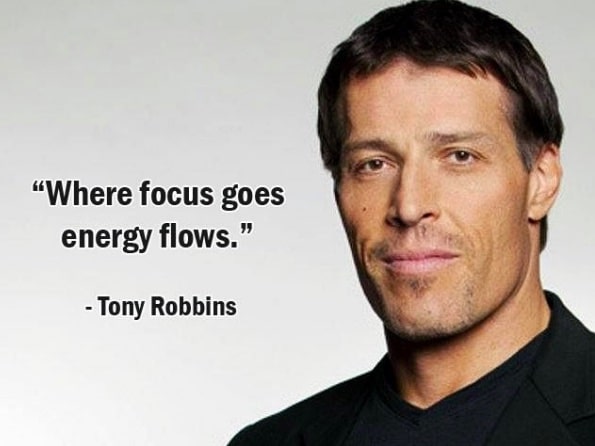
I defined a goal and set the steps needed to take me there, taking baby steps each time.
2. It is OK to go back
I got back to the programming world after 7 years away and I was very outdated. Seven years in technology is a BIG gap and I had to update my technical skills.
To do so, I went back to being an employee in a small development company where I could update my technical skills. The salary was half of my last salary, but I knew that this was another step on the path to my goal.
During the week, I did a full-time job and during the early mornings, I did small freelance tasks on a developers’ platform.
3. Develop soft skills
In my full-time job, I was fortunate enough to have a boss that not only focused on hard skills but also on soft skills.
Those soft skills not only made my relationship with my co-workers better but also helped me to become a better freelancer with my clients.
To develop my soft skills I learned how to handle rejection (and I was rejected a lot), negotiate (so I didn’t get rejected as much), and communicate assertively.
The proper handling of soft skills is the difference between a successful freelancer and a mediocre one.
4. Create processes and measure everything
After 9 months of working 12 hours a day, I had a simple process that helped me contact, follow up, close the deal and manage post-sell.
That small process frees my brain from the burden of always thinking “what should I do in this situation”.
The process has improved during these years, but to do that I needed to measure everything, and when I say everything is EVERYTHING!
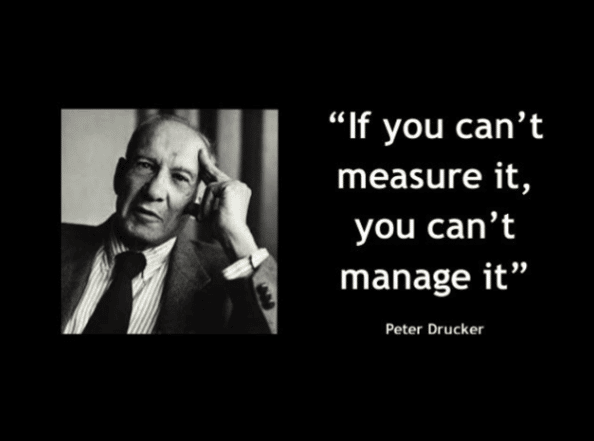
The best way to improve processes is to measure everything you do, from the hours you spend on a task to the profit you make on a sale.
As the process grows, you will learn what measures are better than others and you can stop measuring unneeded stuff.
5. Automate everything, EVERYTHING
Complementing the previous point. When you have the processes and measurements ready, it’s time to automate as much as possible.
I invested some of my earnings in tools that helped me to automate my tasks, thanks to that I saved not only time, but in the long run, I saved money and was able to scale more easily.
If you decide to automate your processes, you should be aware that it is better to spend a little more at the beginning for a job well done than to “save a little” and get a mediocre tool.
What I mean is that I tried many tools and sometimes refactored my processes a bit to get them working, but no matter what tool I decided to use, I have to invest time and money in it.
I have seen clients who, because they did not spend a few thousand on good implementation, end up changing the tool several times since “the one I have does not work for me”.
6. Choose your clients
After a few months, my freelance business made enough money to let me work full-time on it.
One of the joys of the freelancer life is being able to fire troublesome clients. However, getting to that point requires a lot of courage and above all self-esteem.
But it’s not about firing clients left and right; customers are the soul of your business, without customers, there is no business.
The trick here is that your business must be so good that it can choose good customers. If you only have bad clients, then perhaps you should ask yourself what kind of business you are.
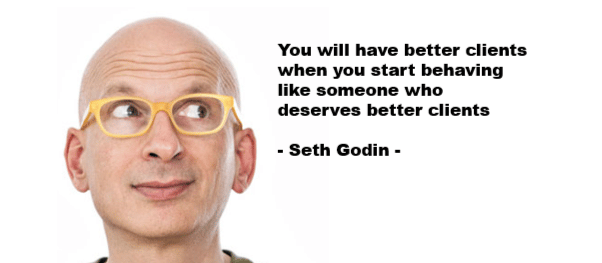
Becoming a better freelancer, both with hard and soft skills, gave me the option to choose the clients I work with and the ones I don’t want in my life.
7. Sharpens the saw
After many years on this path, I learned a lot and improved a lot too, but I tried to avoid believing that I was at the top of my potential.
The common error freelancers make is to work as hard as they can (I worked up to 14 hours a day). You must stop working to enjoy the benefits of your work.
As a freelancer I had no weekends, but also any day is a weekend. I can take my kids to the doctor at any time, go to a movie with my wife on Tuesday morning, or even swim in the public pool on Wednesday at 10 am.
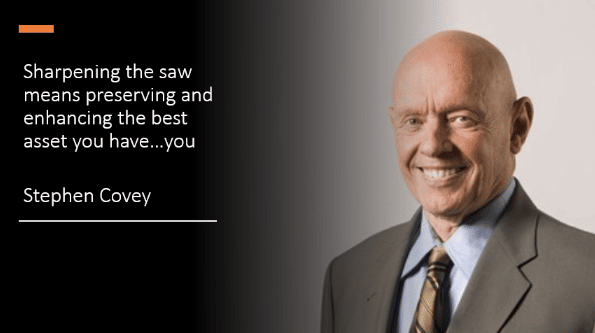
You must force yourself to have time for yourself, to rest, and clear your mind. Not everything in life is about work.
Have a hobby, spend time with the people you love, and do constructive activities that make you a better person.
BONUS: Socialize with other people
Being a freelancer can be a solitary activity or one with minimal physical contact. This is more true for solopreneurs than for entrepreneurs, but it is very common that sooner or later we isolate ourselves in our inner circle and lock ourselves inside our bubble.
It is important that you see other perspectives, see the world through the eyes of others and broaden your horizons.
To do that, I started organizing the local WordPress Community in my town (we are looking for sponsors 😉) and this year I’ll be attending WCUS 2022 as a volunteer (talking about leaving my comfort zone).
Now is your turn…
These tips are part of my experience over the last few years as a freelancer. They are neither the only ones nor the definitive ones, they are what has served me well and I hope they will serve you too.
I hope that with this information you will begin to create your own advice for someone else and, above all, I hope that you will be successful in your business.

